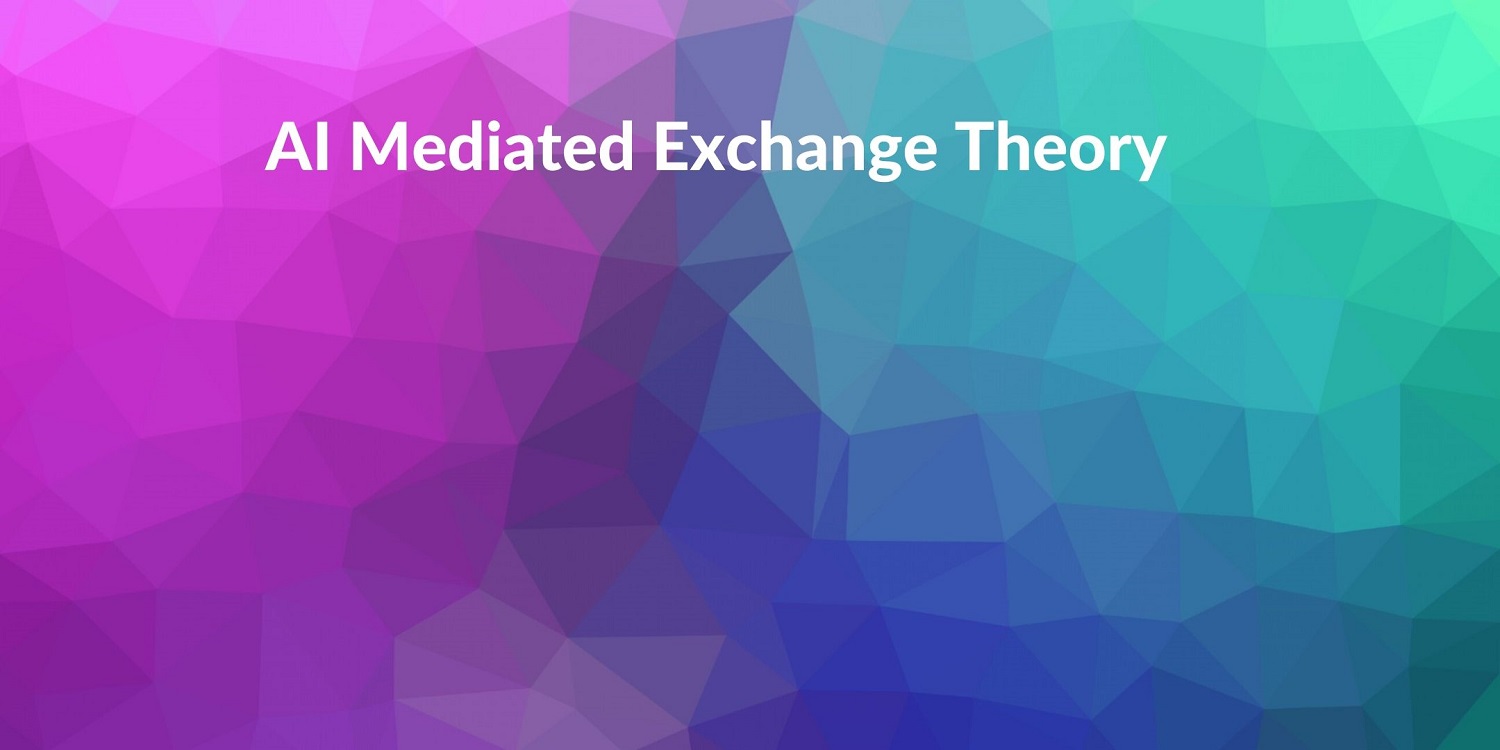
This paper by Xiao Ma and Taylor W. Brown puts forth a framework that extends the well studied Social Exchange Theory (SET) to study human-AI interactions via mediation mechanisms. The authors make a case for how current research needs more interdisciplinary collaboration between technical and social science scholars stemming from a lack of shared taxonomy that places research in similar areas on separate grounds. They propose two axes of human/AI and micro/macro perspectives to visualize how researchers might better collaborate with each other. Additionally, they make a case for how AI agents can mediate transactions between humans and create potential social value as an emergent property of those mediated transactions.
As the pace of research progress quickens and more people from different fields engage in work on the societal impacts of AI, it is essential that we build on top of each other’s work rather than duplicating efforts. Additionally, because of conventional differences in how research is published and publicized in the social sciences and technical domains, there’s often a shallowness in the awareness of the latest work being done at the intersection of these two domains. What that means is that we need a shared taxonomy that allows us to better position research such that potential gaps can be discovered and areas of collaboration can be identified. The proposed two axes structure in the paper goes some distance in helping to bridge this current gap.
AI systems are becoming ever more pervasive in many aspects of our everyday lives and we definitely see a ton of transactions between humans that are mediated by automated agents. In some scenarios, they lead to net positive for society when they enable discovery of research content faster as might be the case for medical research being done to combat covid-19 but there might be negative externalities as well where they can lead to echo chambers walling off content from a subset of your network on social media platforms thus polarizing discussions and viewpoints. A better understanding of how these interactions can be engineered to skew positive will be crucial as AI agents get inserted to evermore aspects of our lives, especially ones that will have a significant impact on our lives.
We also foresee an emergence of tighter interdisciplinary collaboration that can shed light on these inherently socio-technical issues which don’t have unidimensional solutions. With the rising awareness and interest from both social and technical sciences, the emerging work will be both timely and relevant to addressing challenges of the societal impacts of AI head on. As a part of the work being done at MAIEI we push for each of our undertakings to have an interdisciplinary team as a starting point towards achieving this mandate.
